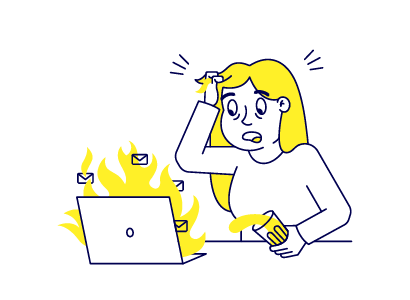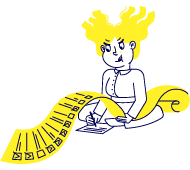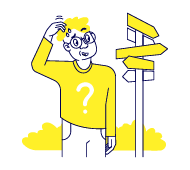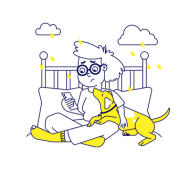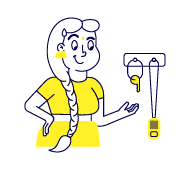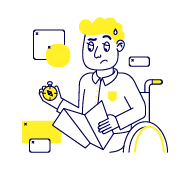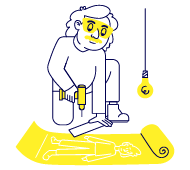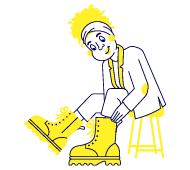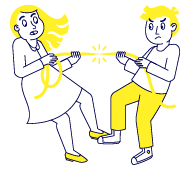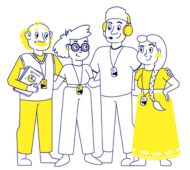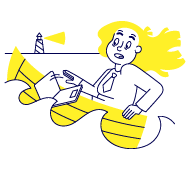Back to Business
Support for work transitions
Are you returning to work after a long break? Maybe you feel insecure in a new working environment? It's a big change to swap sweatpants for work clothes. The longer the break, the harder it can feel to return. Starting in a new position or team can also make you nervous. Even if you are excited about the change, the adjustment can be challenging.
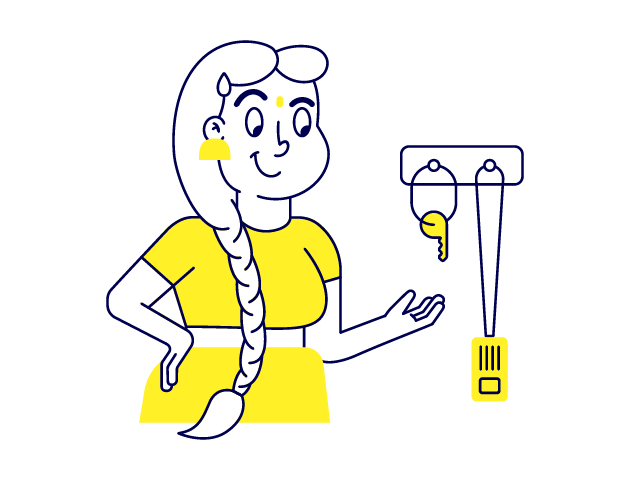
What's the matter?
Whatever the reason for an extended absence, returning to work can sometimes be a little daunting. It often means changing your rhythm of life, not to mention adjusting to new surroundings and new expectations. Even if you are returning to your old job, the nature of your work may have changed while you were away, or you may feel that you yourself have changed, so the unfamiliar is everywhere. The same sense of all-encompassing change can occur when you move to a new job or work community. You are facing a new normal and an unknown future.
How can Auntie help?
In conversations with an Auntie professional, you can reflect on work through the thoughts and feelings caused by changes in your work life. Together, you can identify your strengths and opportunities that can help you adapt to your new environment.
stress reduction
customer satisfaction
recommend Auntie
NPS
qualified Auntie professionals
languages
Read what Auntie’s customers have
to say about us
A mental well-being service provides a safe place to deal with different things and, most importantly, you have someone who challenges your own stubborn views and thought patterns.
Juha Falck
Sales Executive at QvikAll Auntie packages


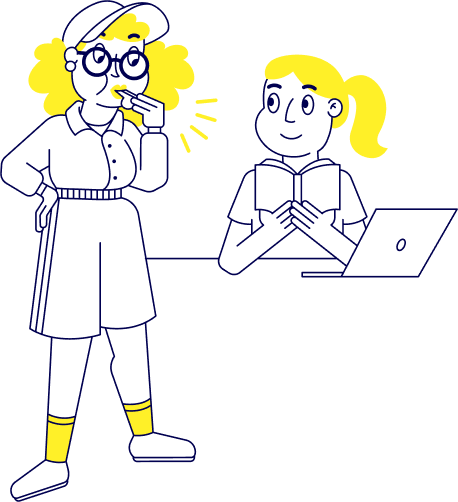
A little about Auntie
Auntie provides preventive services that support employees’ mental wellbeing and strengthen key mind skills such as stress management, adaptability, resilience, communication skills, and self-leadership. We also support managers in developing their own leadership and in better supporting their teams.
Employees can book confidential sessions with experienced mental wellbeing professionals and make use of a wide range of exercises and materials.
For organisations, Auntie delivers concrete and measurable benefits: fewer absences, improved wellbeing, and more engaged employees. When mental wellbeing and mind skills become part of everyday life, a more sustainable workplace is built and a stronger foundation for the success of the entire organisation is created.




